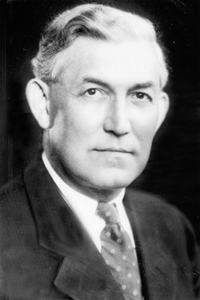Easy:
1)Take "p" a prime number and "a" any number. Divide a by p and take it's remainder, which we will call "r". Now, take a^p (that is, a elevated to the pth-power) and divide it by p, prove that it's remainder will also be r.
More succintly (and in more mathematical terms), a and a^p have the same remainder modulus p.
2) Prove that the proposition is false if p is NOT a prime number (for example 4).
Hard: prove that any even number greater than 2 can be written as the sum of two prime numbers. For example, 8 can be written as 5 + 3. 12 can be written as 7 + 5.
1)Take "p" a prime number and "a" any number. Divide a by p and take it's remainder, which we will call "r". Now, take a^p (that is, a elevated to the pth-power) and divide it by p, prove that it's remainder will also be r.
More succintly (and in more mathematical terms), a and a^p have the same remainder modulus p.
2) Prove that the proposition is false if p is NOT a prime number (for example 4).
Hard: prove that any even number greater than 2 can be written as the sum of two prime numbers. For example, 8 can be written as 5 + 3. 12 can be written as 7 + 5.


Comment